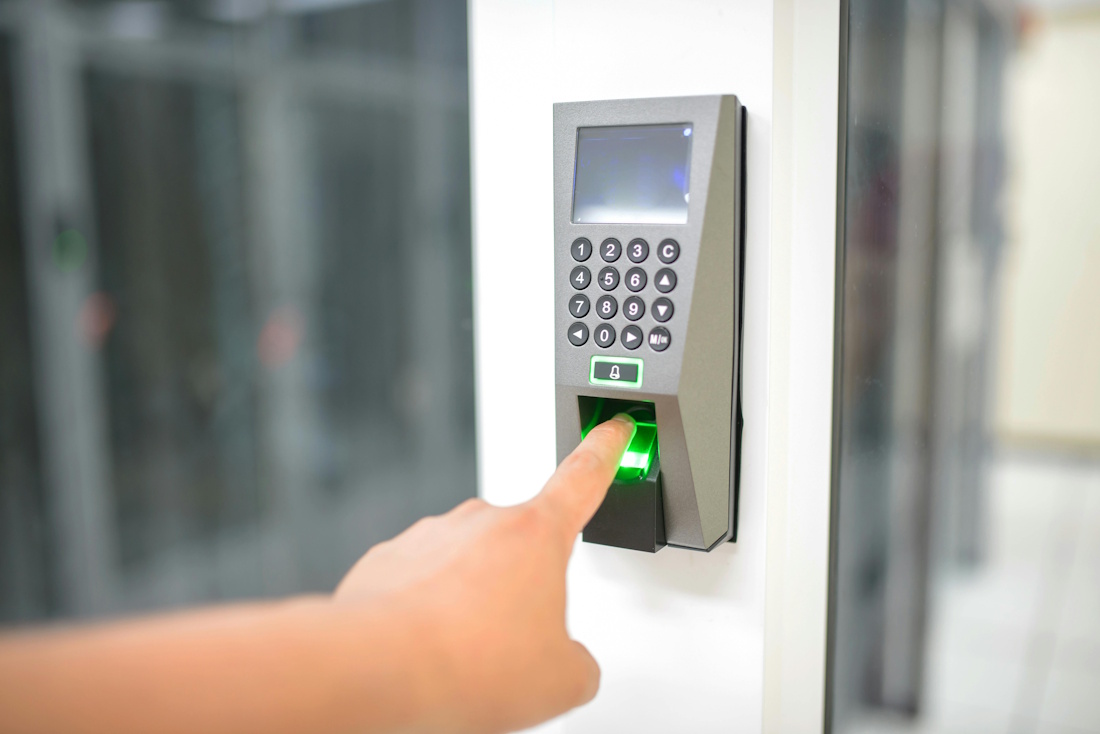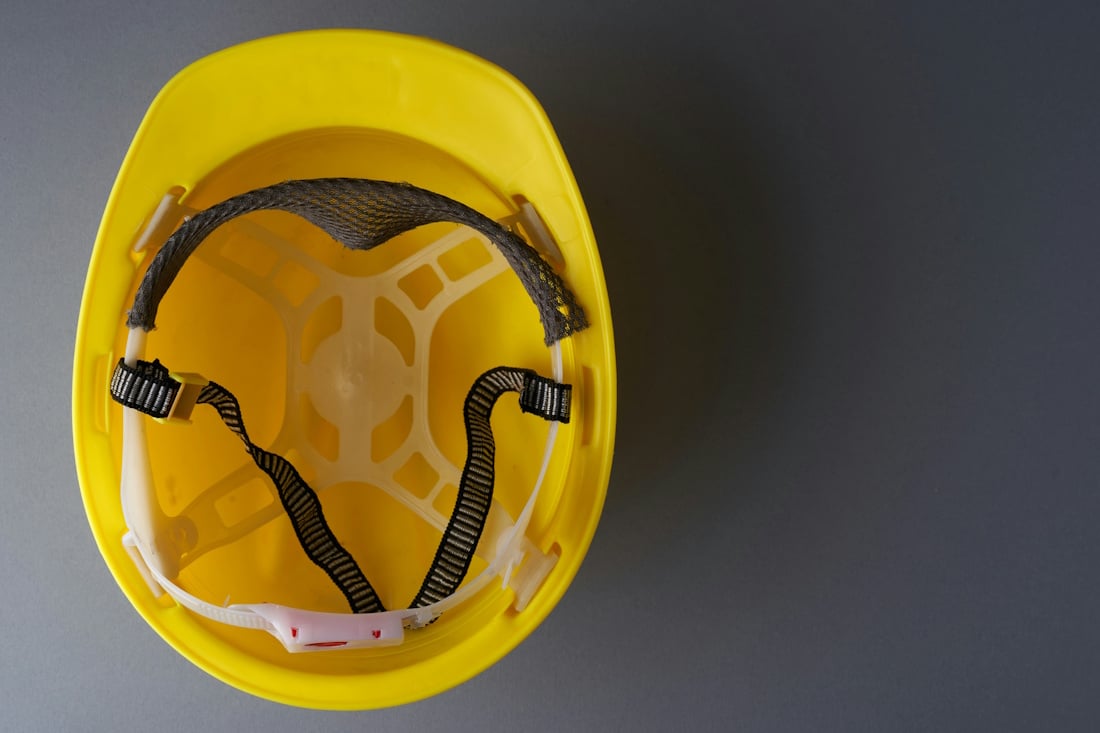Creating the perfect office space is essential for productivity, employee satisfaction and business operations.
Whether moving into a serviced office or setting up a workspace from scratch, customising the layout can greatly impact your business efficiency. Here are our 15 tips for creating the perfect office space.
1. Choose the Right Office Layout
Choosing the right office space layout to align with your company’s working style is important.
Open-plan offices encourage collaboration and the sharing of ideas, which can be perfect for creative or media companies. Businesses that handle sensitive data will benefit from cellular layouts for confidentiality.

2. Install High-Speed Internet
A fast and reliable internet connection is the backbone of any office space. If you are renting a serviced office, ensure the space offers business-grade connectivity.
Setting up dedicated bandwidth for video conferencing can minimise connection issues, especially for hybrid environments.
3. Ensure Effective Office Security
Creating a secure office space should be a priority. Key security features include CCTV, secure access systems and even cybersecurity protocols. Serviced offices often include physical security, but businesses should implement multi-factor authentication and encrypted networks for sensitive information.
4. Create Designated Zones Within the Space
The perfect office space should accommodate varying work styles. Designating zones for this helps employees to stay focused and remain productive. Consider creating the following areas within your space:
- Meeting Rooms: Ensure these are equipped with video conferencing equipment to allow staff to join remotely.
- Hotdesking Areas: These areas provide workstations where employees can use any available desk.
- Multi-Functional Spaces: Adaptable areas that can be used for casual meetings, brainstorming sessions, or hosting events.
 - Breakout Areas: Comfortable spaces with lounges and kitchen facilities. Healthy snacks and beverage stations can also be implemented to boost productivity. Likewise, features like pool tables and gameboards can foster a positive work culture.
- Breakout Areas: Comfortable spaces with lounges and kitchen facilities. Healthy snacks and beverage stations can also be implemented to boost productivity. Likewise, features like pool tables and gameboards can foster a positive work culture.
- Sensory-Friendly Environments: Noise-free zones, adjustable lighting, and customisable furniture can support diverse preferences.
5. Allow Space for Growth
The ideal office space should be able to grow as your company does. Adjustable layouts, modular furniture, and storage options allow you to expand within your current office without the need to relocate.
Serviced office providers also allow expansions within your contract. Again, moving to a larger office within the same building can prevent the hassle and expense of relocating.
6. Prioritise Natural Light and Ventilation
A healthy working environment, including natural light and ventilation, positively affects productivity and employee well-being.
Maximise natural light by arranging workstations near windows and using glass partitions to enhance light flow.
Ensure proper ventilation and fresh air flow to reduce fatigue and improve concentration.
Incorporating plants and green walls can improve mental well-being whilst improving aesthetics.
7. Invest in Ergonomic Furniture
Employee comfort is key to productivity and minimising long-term health issues. Ergonomic chairs, which offer lumbar support, height-adjustable desks and keyboard trays, help to promote good posture.
Sit/stand desks are another great way to give employees the choice of how they work while reducing physical strain.

8. Optimise Storage
Effective storage solutions are essential for the perfect office. Wall-mounted shelving and mobile storage units can help to save on floor space whilst keeping the office organised.
Digital file management systems and cloud storage are ideal for space-saving and hybrid teams that need to access documents from various locations.
9. Allow Employees to Personalise Their Desks
Encourage employees to personalise their workstations to foster a sense of ownership. Small items, such as framed photos, plants, or customised stationery, can create a comfortable workspace.

10. Use Smart Office Technology
Some of the above points, such as ensuring security and prioritising air quality, can be handled by technology.
Biometric (e.g. fingerprint) access is becoming more common, especially in modern serviced offices in Central London. This feature ensures optimum security for your office space and allows you to control who can access the space.

Smart thermostats can keep the workspace at a comfortable temperature and save energy by turning off when the office is unoccupied.
11. Brand the Office Space
To reflect your company identity, your company's office space should be branded. Use company colour schemes and custom signage to ensure brand awareness throughout the space. Displaying employee achievements, mission statements, and company history can create a strong team bond.
12. Create a Welcoming Atmosphere
Welcoming atmospheres improve employee morale and client impressions. Comfortable seating in reception areas, thoughtfully designed communal spaces, and aesthetically pleasing décor can contribute to a positive work culture. Consider small details such as soft lighting, artwork and ambient music to enhance the space further.

13. Focus on Sustainability
Sustainability is becoming more important in the workplace. Reduce wastage by implementing recycling schemes for paper and plastic or even encourage digital documentation instead of printing.
14. Maintain a Clean Environment
A clean office boosts well-being and productivity. Serviced offices often provide daily cleaning to ensure hygiene standards are met. However, companies are responsible for keeping their space organised.
15. Encourage Employee Feedback
The perfect office should cater to the needs of its users. Gathering feedback from employees is essential to ensure that any adjustments made to the office are beneficial.
Regular surveys or discussions can help create an environment where each employee feels valued.

Creating the perfect office space requires a balance of functionality, comfort and flexibility. Implementing these tips can boost productivity and employee satisfaction and create an environment where your business can grow.






